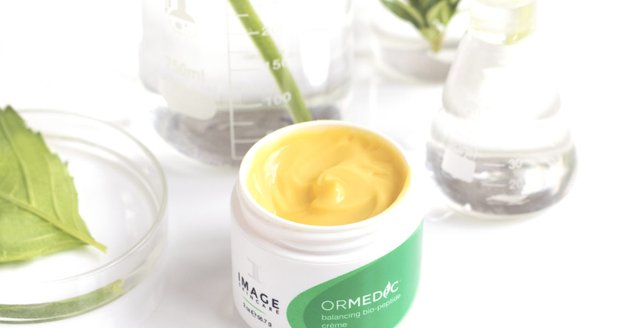 When amino acids are linked together, they form chains called peptides. Many people wonder what the difference is between peptides and proteins.
Both consist of the same building blocks which are amino acids, but the
the difference is in the size.
When amino acids are linked together, they form chains called peptides. Many people wonder what the difference is between peptides and proteins.
Both consist of the same building blocks which are amino acids, but the
the difference is in the size.
Peptides usually contain fifty or fewer amino acids. Proteins consist of fifty or more amino acids and can be made from polypeptides or a long peptide chain. There are different types of peptides, and they all consist of different combinations of amino acids. These can be classified or categorized based on their source and operation.
Collagen Production
When you are young, your body produces large amounts of collagen. However, as you age, the amount of collagen decreases. After the age of 20, your body produces an average of 1% fewer collagen peptides per year. Without collagen peptides, the skin will not remain intact, resulting in loss of firmness, the appearance of wrinkles, and changes in skin texture.
Collagen production can be stimulated by peptides. Using collagen as a protein is not helpful in skincare products because of these molecules are too large to penetrate through the stratum consumer the top layer of your skin.
Short peptides are small enough to penetrate the skin when
applied topically and in the correct carrier. By doing so, these peptides can then stimulate collagen production. There are different types of cosmetic peptides, each with their own mechanism of action. Commonly used peptides in skincare products are signal transduction peptides. When collagen is broken
down naturally, the endogenous peptides are made and behave as a warning system that prompts your body to produce more collagen. By mimicking a natural warning,
the body produces more collagen.
Collagen Breakdown
Accelerated collagen breakdown can be the result of an an incorrect lifestyle which can include things like sun exposure, environmental factors, and stress. Mutations in MMP genes, such as collagenase and stromelysin, make the corresponding enzymes overactive and thus work faster than desired which makes them break down collagen faster than it is produced. Thus, the skin loses its firmness and ages faster. Collagen degradation maybe inhibited by a different type of peptides or active substances that reduce the effects of MMP enzymes.
There is controversy as to whether peptides are still too large to penetrate the skin barrier. Under the 500 Dalton rule, a substance can only penetrate the skin when the molecular weight is less than 500 Daltons. If peptides are greater than 500 Daltons, they are likely too large to penetrate. However, the vector or carrier plays an important role in skin absorption. Using certain liposomal formulas helps make them absorb through the skin better. Paradigm Peptides has collagen peptides such as GHK-Cu which is also known as a copper peptide. This peptide helps combat many effects of aging.
The most common peptide in skincare products is
pentapeptide-3, which is very efficient against fine lines. Palmitoyl
pentapeptide-3 stimulates the production of type I and type II collagen and
fibronectin, which plays an important role in the firmness and elasticity of the
skin. It is important not only to stimulate collagen production but also to
combat collagen breakdown by inhibiting the action of MMPs.